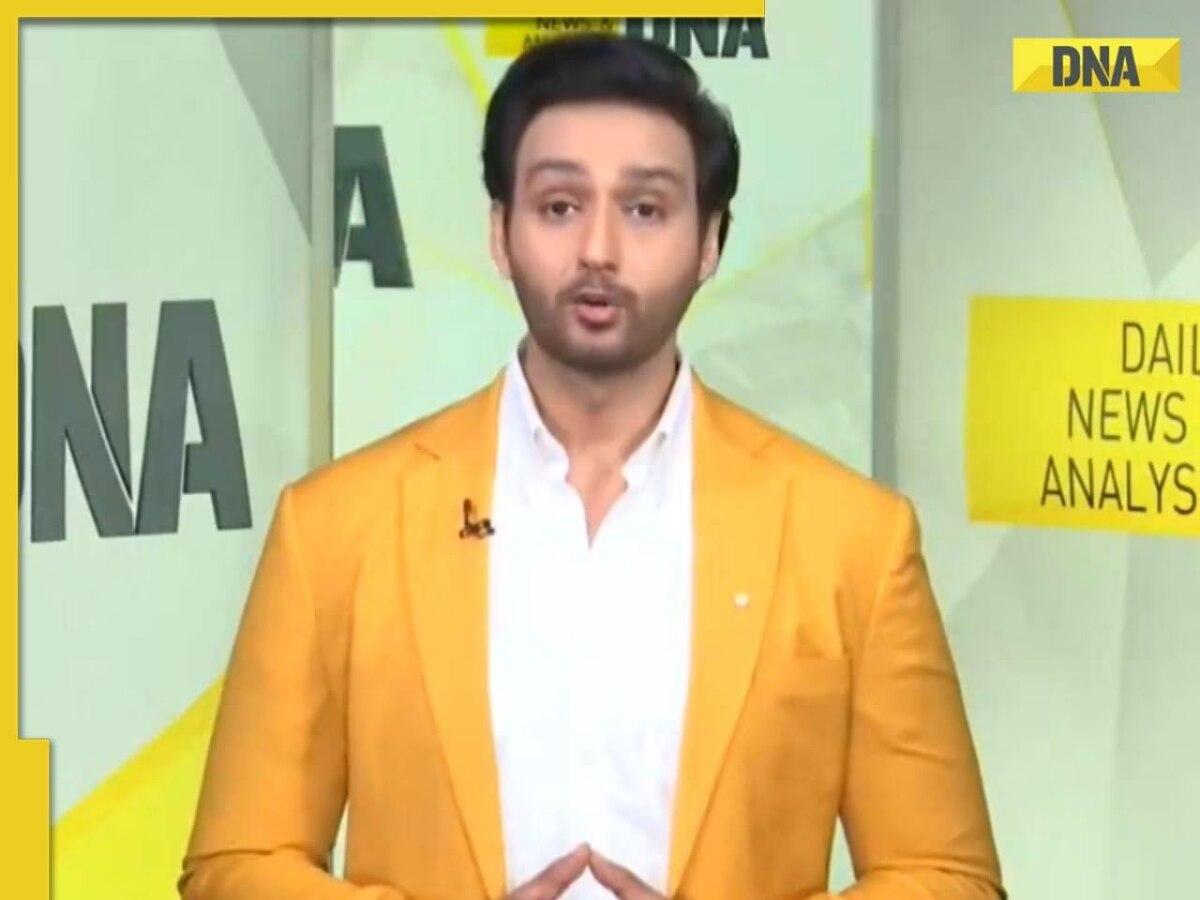
Discussions for the upcoming 2024 Lok Sabha polls initially centered around growth and development. However, the focus appears to have dramatically shifted towards the benefits derived from development based on religious affiliations, categories, and castes. This evolving narrative has introduced religious issues into the electoral campaign discourse. Sourabh Raaj Jain, the anchor of DNA Zed News, recently analyzed how the focus of the 2024 Lok Sabha election will potentially pivot from development to religion.
Speeches at election rallies have notably transitioned from topics of general reservations to increasingly focused discussions on religious reservations. Additionally, concerns regarding the division of land among various faiths have surfaced in political rhetoric. This evolving discourse has intensified, raising fundamental questions about whether the Hindu-Muslim divide affects day-to-day life or is merely a facet of electoral politics.
Political parties across the spectrum have not shied away from incorporating religious themes into their strategies. A review of several political remarks indicates that religious overtones seem to effectively mobilize voters for all parties during election seasons.
Navneet Rana, a BJP leader and Amravati candidate, has been vocal in this regard. At an election rally in Hyderabad, she challenged Akbaruddin Owaisi and his brother Asaduddin Owaisi, remarking that if the police were removed from duty for 15 seconds, the brothers “would not know from where they came and where they went.” Rana stated, “I always stand by my statement. I am not afraid of anyone. We are committed to giving a reply to those who are working for Pakistan in India. If they will take 15 minutes, we will take 15 seconds.” A video clip she posted on her X handle, tagging the Owaisi brothers, reiterated this sentiment: “The younger brother says, ‘Remove the police for 15 minutes so that we can show them what we can do’. I want to tell the younger brother (Akbaruddin) that it might take you 15 minutes, but it will only take us 15 seconds. It will take us all of 15 seconds if we come to the forefront.”
Reacting to Navneet Rana’s provocative remark, AIMIM leader Asaduddin Owaisi addressed Prime Minister Narendra Modi directly, asking him to give her not just 15 seconds but an entire hour. “I tell Modi ji – give her 15 seconds. What will you do? Give her 15 seconds, give her 1 hour. We, too, want to see if you have any humanity left in you. Who is scared? We are ready.
…If someone is making an open call for it, then so be it. PM is yours; RSS is yours; everything is yours. Do it. Who is stopping you? Tell us where we have to come, we will be there. Do it,” Owaisi told reporters.
This exchange has its roots in a 2013 speech by Akbaruddin Owaisi, where he warned “100 crore Hindus” that his community would show its strength if the police were withdrawn for ’15 minutes’. Following the recent controversy over Navneet Rana’s ’15 seconds’ remark, BJP leader Madhavi Latha clarified that Rana’s comments were meant to emphasize the importance of taking just 15 seconds to cast a vote rather than attending provocative speeches.
“We do not threaten anyone. We do not say to remove the police force for 15 minutes,” Latha told ANI. “We just want to say that you should take 15 seconds instead of 15 minutes and cast your vote. Do not go to attend provocative speeches. If you want to move towards ‘Viksit Bharat’. Go and cast your vote. This is what she (Navneet Rana) meant.”
Asaduddin Owaisi, the leader of AIMIM and a four-time member of the Lok Sabha, continues to be a challenging opponent for the BJP. This election marks the first time a female candidate, Madhavi Latha, has been fielded from the Hyderabad constituency by the BJP. The Owaisi family has maintained a strong hold in Hyderabad for many years.
Additionally, it’s essential to note that in 2022, a Sessions Court cleared Akbaruddin Owaisi of all charges related to his 2013 speech, despite an initial 40-day jail sentence. The High Court continues to investigate the case amid allegations that the police provided biased evidence to protect Akbaruddin.
In light of the brewing electoral and religious discourse, one might wonder why Asaduddin Owaisi hasn’t emphasized his brother’s acquittal. Perhaps the resurfacing of an eleven-year-old grudge holds little significance for him in the current political landscape.
(With inputs from ANI)












